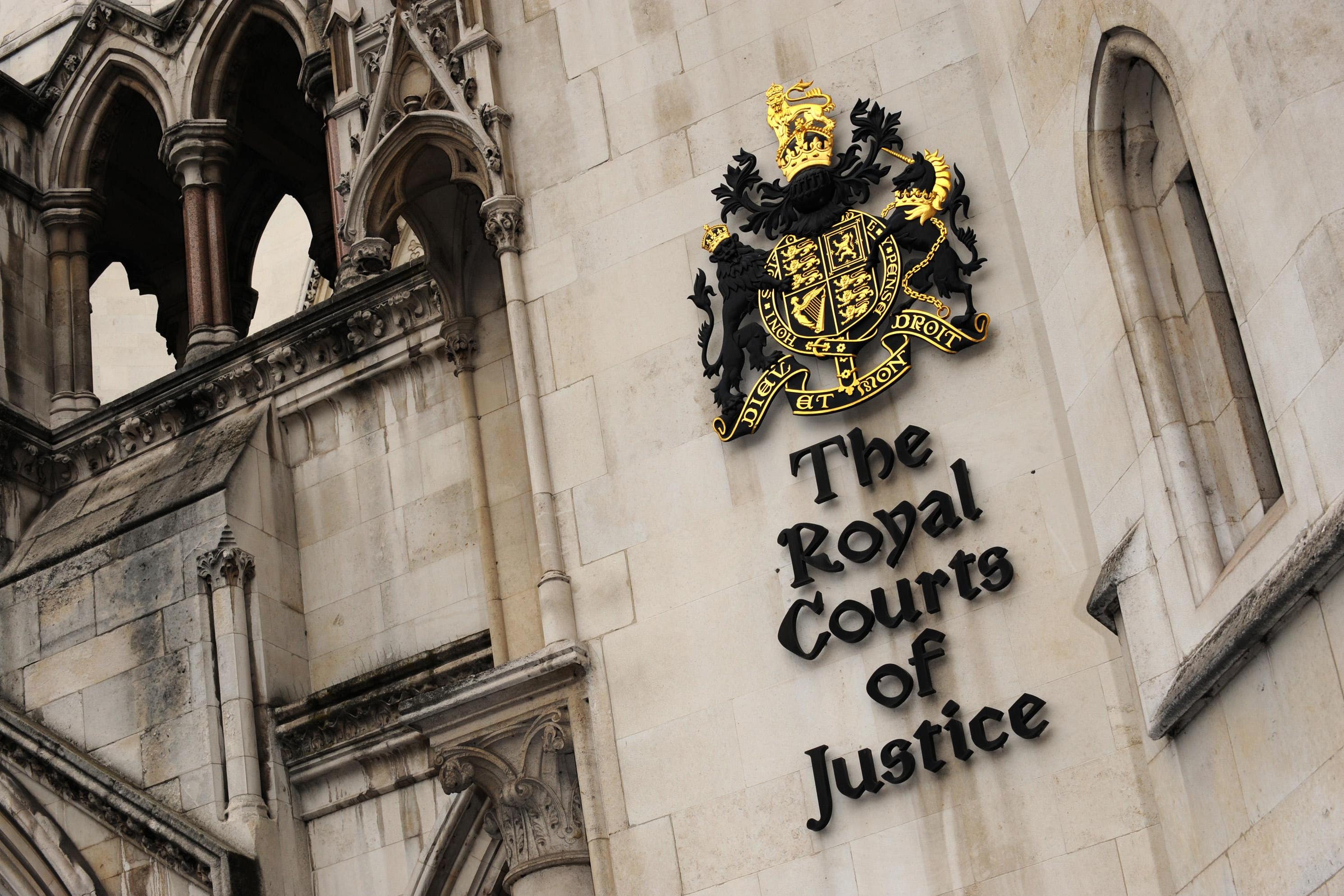Uyghur group loses legal challenge over cotton imports from Chinese labour camps
The World Uyghur Congress brought a claim against the Home Secretary, HMRC and the National Crime Agency.

A Uyghur rights group has lost a High Court case against the UK Government over allegations British authorities have unlawfully failed to investigate cotton imports linked to forced labour camps in China.
The World Uyghur Congress (WUC) brought a claim against the Home Secretary, HMRC and the National Crime Agency (NCA), challenging an alleged refusal to launch a criminal probe into the sale of goods sourced from the Xinjiang Uyghur Autonomous Region (XUAR).
The Munich-based non-governmental organisation says the north-west of China region’s factory labourers are subjected to “detention and coercion” amid concerns over human rights violations against the minority Uyghur people – allegations denied by Beijing.
Lawyers for the Government disputed the claim as “hypothetical” and “generalised”, with the NCA currently concluding there was “insufficient material from which to develop any line of inquiry or criminal investigation”.
The court was told that ministers were committed to working internationally to help end China’s “human rights violations”, describing its efforts to “silence and repress” Uyghurs and other minorities in Xinjiang as “appalling”.
In a written ruling on Friday, Mr Justice Dove rejected the WUC’s case and accepted there were “problems” over identifying the required level of proof and evidence in relation to cotton consignments to pursue criminal or civil investigations.
The judge emphasised the case outcome “does not in any way undermine the striking consensus in the evidence that there are clear and widespread abuses in the cotton industry in the XUAR, involving human rights violations and the exploitation of forced labour”.
He said there had been “no error” in the Government’s analysis of the legal tools highlighted by WUC, but added there may be other measures or evidence available to law enforcement agencies which “could provide an effective basis for tackling the concerns in respect of cotton production in the XUAR and the exploitation and abuse of the Uyghur people with which it has been associated”.
China has previously strongly denied international claims about human rights abuses against Uyghur Muslims, amid reports indicating more than a million people have been arbitrarily detained and allegations of torture and forced sterilisation.
As part of a hearing in London in October, Jenni Richards KC, for WUC, said the Government had “resolutely declined to engage” in evidence collated since 2020 over the “horrors” allegedly perpetrated against Uyghur people.
She said there had been a failure to investigate potential breaches of the Foreign Prison-made Goods Act and launch a money laundering probe or start civil confiscation processes under the Proceeds of Crime Act (POCA).
Ms Richards said “any property that represents a benefit from forced labour in XUAR, in whole or in part, is criminal property”.
She added that “any cotton products in the UK generated by forced labour and funds flowing from their sale are recoverable”, and such products and funds are property obtained through “gross human rights abuse” or “money laundering”.
She said WUC had identified four “implicated Chinese companies” involved in the large-scale growing of cotton and manufacture of products in XUAR and that it could be “reasonably inferred” that their facilities used forced labour.
Ms Richards said about 85% of cotton grown in China comes from XUAR, with production having “boomed” since the introduction of the Chinese government’s “minority control measures” from 2014.
Sir James Eadie KC, representing the Government, said it was “seriously concerned” about the situation in XUAR and that British authorities “are not and have never been condoning or perpetuating” abuses of the Uyghur people by an alleged failure to take appropriate steps.
He said the WUC was not able to “particularise any coherent or precise allegation nor does it identify any perpetrator of any specific crime” and that the law required specific property to be identified in connection with criminal conduct.
He said the NCA continues to assess intelligence over the XUAR cotton industry and may launch an investigation “should circumstances change”.
In his judgment, Mr Justice Dove said there was “clear and undisputed evidence” of cotton manufactured in the XUAR via prison labour, but that “the relative proportions of goods derived from detained or prison labour is not ascertainable in detail, nor are the proportions of goods derived from forced labour”.
He added the available evidence did not necessarily provide the “specific proof” of criminal conduct as required by law and that there were “legitimate and understandable concerns in relation to establishing criminal liability”.
The absence of specific evidence meant there “would be little if any purpose to be served by pursuing an investigation which would not bear fruit in the form of prosecutions or seizures”.
The judge said the Government had not been “inert or unresponsive” over the WUC’s concerns and had shown that “the possibility of other information or intelligence coming to light and requiring investigation was not closed off and remains open”.
The Global Legal Action Network (GLAN), an independent non-profit organisation that supported the case, said it was the first time Uyghur “repression” had been raised in a foreign court and that it was considering whether to appeal.GLAN Senior lawyer Siobhán Allen, said: “It’s deeply frustrating that, despite the defendants and the court accepting the overwhelming evidence of the ongoing atrocities in Xinjiang and within the cotton industry connected to the UK, the result of this judgment is that the UK government faces no accountability for its refusal to effectively deal with imports of atrocity crime goods.” Dolkun Isa, President of the WUC, said it was a “greatly disappointing outcome for the Uyghur community that has been seeking accountability for years” and that it will “continue to hold the Chinese government accountable”.





